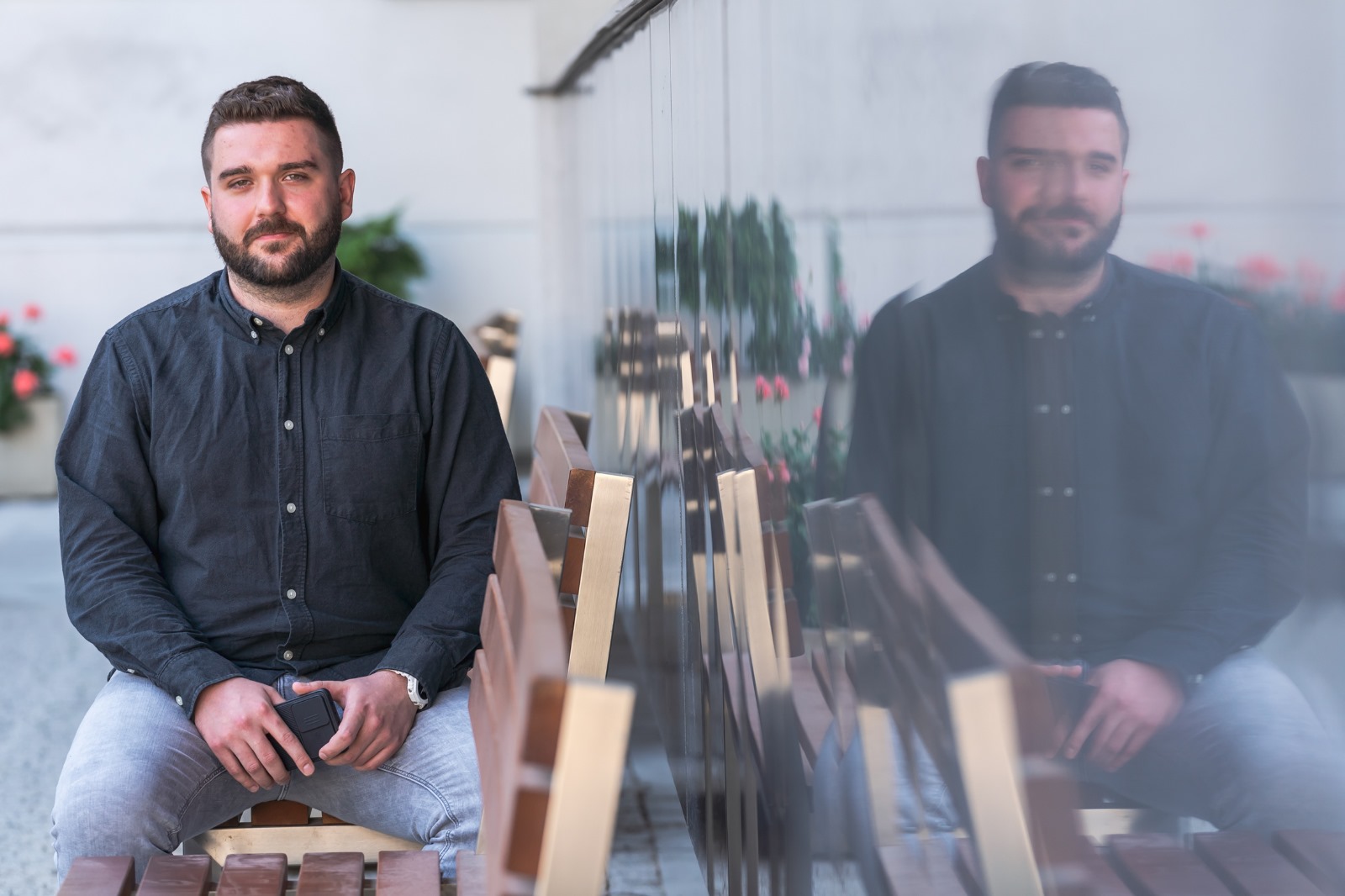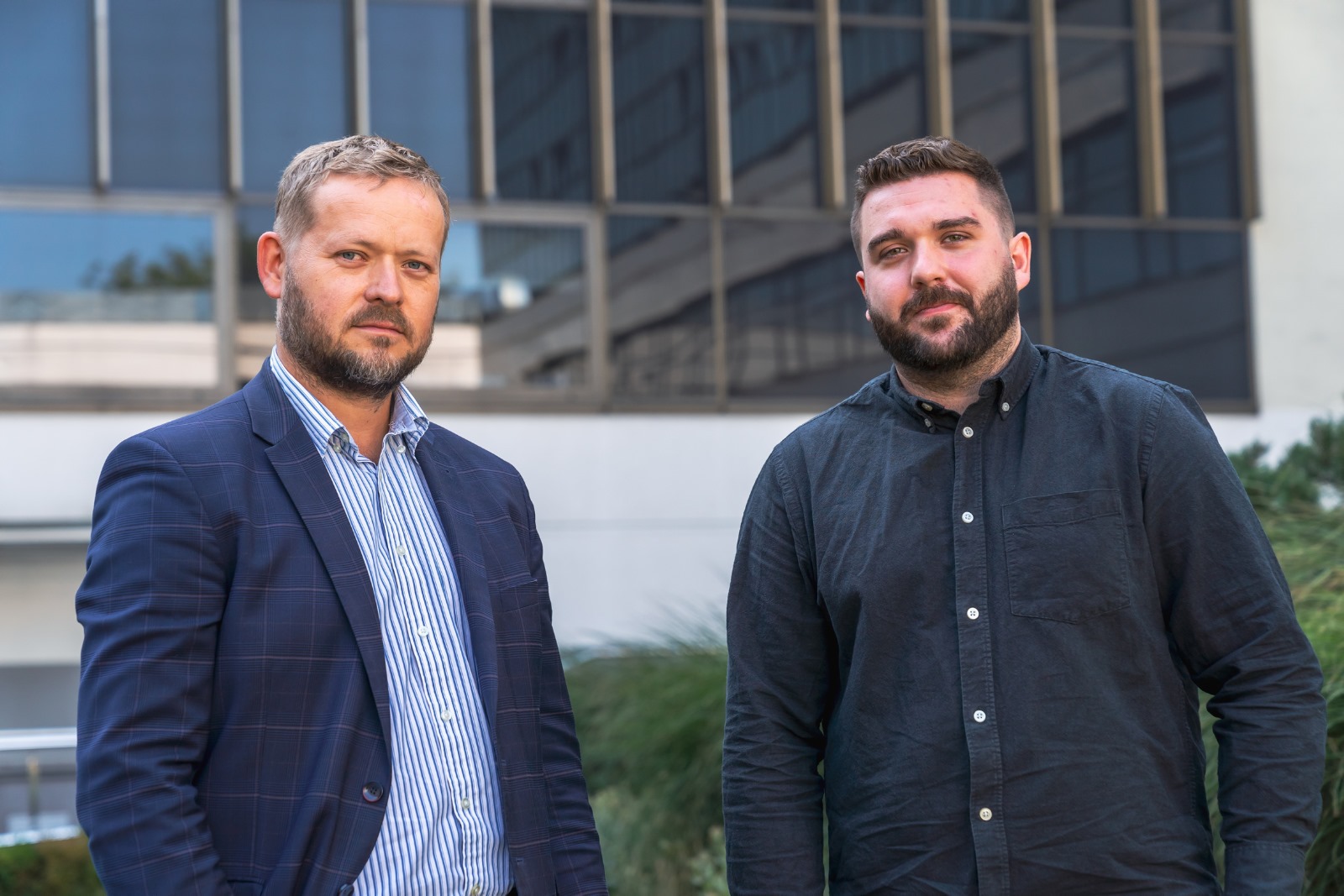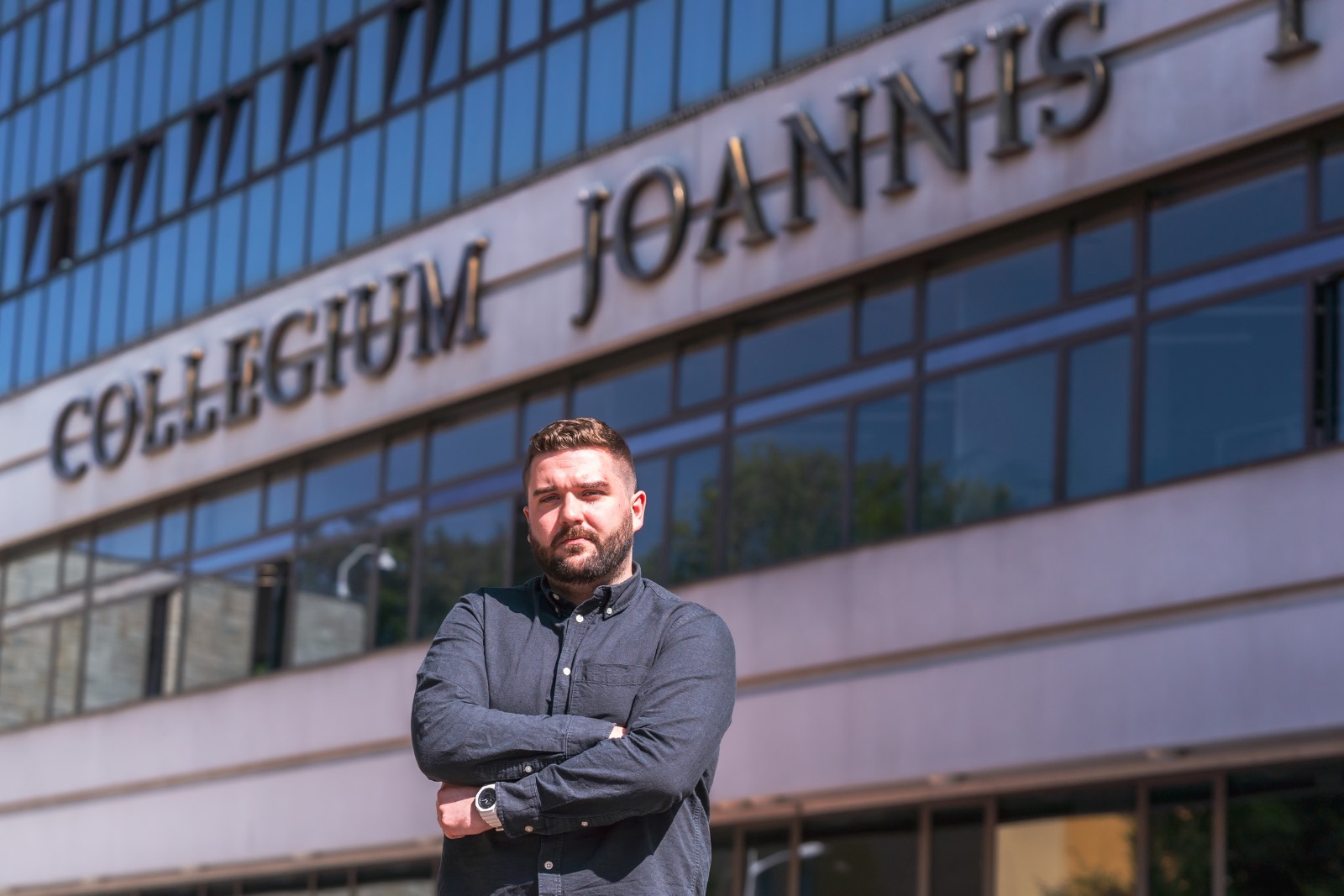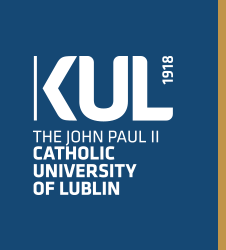News / News
PhD student from KUL flies to USA to look for cancer treatment
 Mateusz Kwaśnik of the Doctoral School of the Catholic University of Lublin will complete a six-month internship at MD Anderson Cancer Center in the United States. For the doctoral student, it's a chance to gain experience in a prestigious unit under the guidance of world-famous scientists, and for KUL it's another step in the dynamic development of the Faculty of Medicine.
Mateusz Kwaśnik of the Doctoral School of the Catholic University of Lublin will complete a six-month internship at MD Anderson Cancer Center in the United States. For the doctoral student, it's a chance to gain experience in a prestigious unit under the guidance of world-famous scientists, and for KUL it's another step in the dynamic development of the Faculty of Medicine.
MD Anderson Cancer Center is one of the best cancer centers in the world, which is part of the University of Texas at Houston. MD Anderson employs about 25,000 people and 1,900 lecturers. Among them is a Nobel Prize winner. The annual budget of this unit, which admits 120,000 patients each year, exceeds $5 billion. MD Anderson is home to the world's largest cancer clinical research program.
Later in September, a six-month internship at this prestigious unit will begin for Mateusz Kwaśnik, a doctoral student at the KUL Doctoral School, who is pursuing his doctoral project under the supervision of his supervisor, Dr. Konrad Kubiński, Prof. of the KUL, i.e. head of the Department of Molecular Biology at the Institute of Biological Sciences.
How does one win a scholarship at such a renowned institution?
Prof. Maciej Masłyk, director of the Institute of Biological Sciences of KUL, explains that it all started when the KUL Doctoral School received a grant from the STER NAWA Program, which aims, among other things, to support the internationalization of doctoral schools, as well as money from the IDUB program intended for universities seeking to become research universities.
 - Among other things, foreign internship trips were planned as part of these funds, so we came up with the idea to field a representative from our unit for an internship at MD Anderson - says Prof. Maciej Masłyk, who points out that not everyone can get an internship at the largest cancer center in the world. So how did you manage to pave the way for Mateusz Kwaśnik to Houston? - Our grassroots contacts, long talks between the rector of the Catholic University of America, Fr. Miroslaw Kalinowski, and the authorities of MD Anderson, and a bit of luck helped - Prof. Masłyk reveals.
- Among other things, foreign internship trips were planned as part of these funds, so we came up with the idea to field a representative from our unit for an internship at MD Anderson - says Prof. Maciej Masłyk, who points out that not everyone can get an internship at the largest cancer center in the world. So how did you manage to pave the way for Mateusz Kwaśnik to Houston? - Our grassroots contacts, long talks between the rector of the Catholic University of America, Fr. Miroslaw Kalinowski, and the authorities of MD Anderson, and a bit of luck helped - Prof. Masłyk reveals.
As it turns out, MD Anderson employs a former employee of KUL, Dr. Rafal Zieliński, and Prof. Waldemar Priebe, a member of the National Development Council, which advises Polish President Andrzej Duda. The academics were involved in organizing Mateusz Kwaśnik's trip to Houston.
A doctoral student from KUL will learn there state-of-the-art research techniques related to the search for and development of new anticancer drugs. The research will be conducted on animal models, primarily mice. - Our task will be to induce a tumor and then administer the drug and test its effects. As I will be the only biologist in Prof. Waldemar Priebe's laboratory during my internship, all experiments will pass through my hands. I am already aware that a lot of responsibility will be placed on me - explains Mateusz Kwaśnik, who will fly overseas on September 15. - I hope that the experience gained overseas will increase my chances of getting a pass to the big world of science. It will stay on my resume for life - says the KUL doctoral student.
 In turn, Prof. Maciej Masłyk has no doubt that the university will also benefit from Mateusz Kwaśnik's experience gained in the US. - At the Institute of Biological Sciences of KUL, we have been conducting research in an in vitro model using cell cultures of human cancer lines for years, and for some time we have also had an Experimental Research Center, where we conduct research on animals. This is a new unit in our structure, so it's a good thing that our man is going to the largest cancer center in the world to learn cutting-edge research techniques that we will be able to introduce at home - says Prof. Maciej Masłyk.
In turn, Prof. Maciej Masłyk has no doubt that the university will also benefit from Mateusz Kwaśnik's experience gained in the US. - At the Institute of Biological Sciences of KUL, we have been conducting research in an in vitro model using cell cultures of human cancer lines for years, and for some time we have also had an Experimental Research Center, where we conduct research on animals. This is a new unit in our structure, so it's a good thing that our man is going to the largest cancer center in the world to learn cutting-edge research techniques that we will be able to introduce at home - says Prof. Maciej Masłyk.
According to him, the internship of a doctoral student of KUL at the prestigious MD Anderson is another proof of the dynamic development of the Lublin university in the field of medical sciences. - We are moving forward like a steamroller and developing very fast in this area. As you can see, the rector's bold decisions are working and translating into both the popularity of the medical faculty and the thriving development of our university's research sphere,” concludes the director of the Institute of Biological Sciences at the Catholic University of Lublin.












